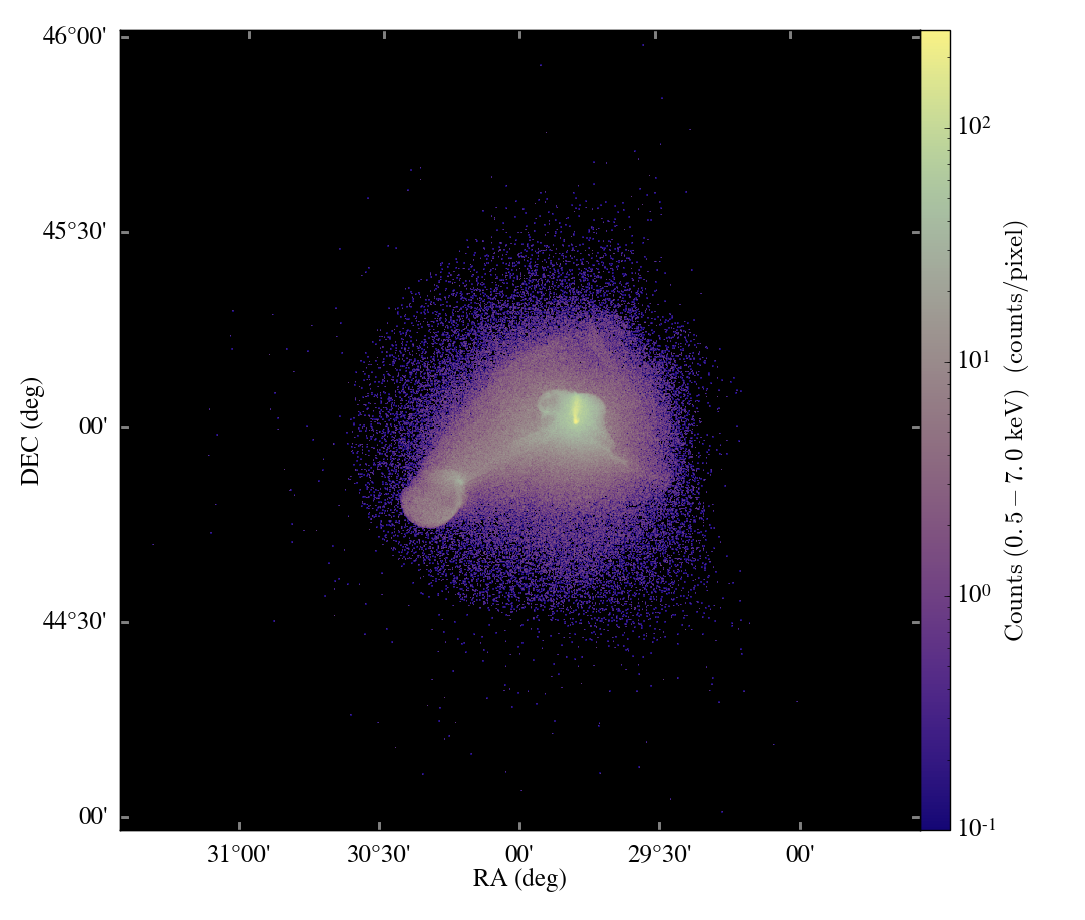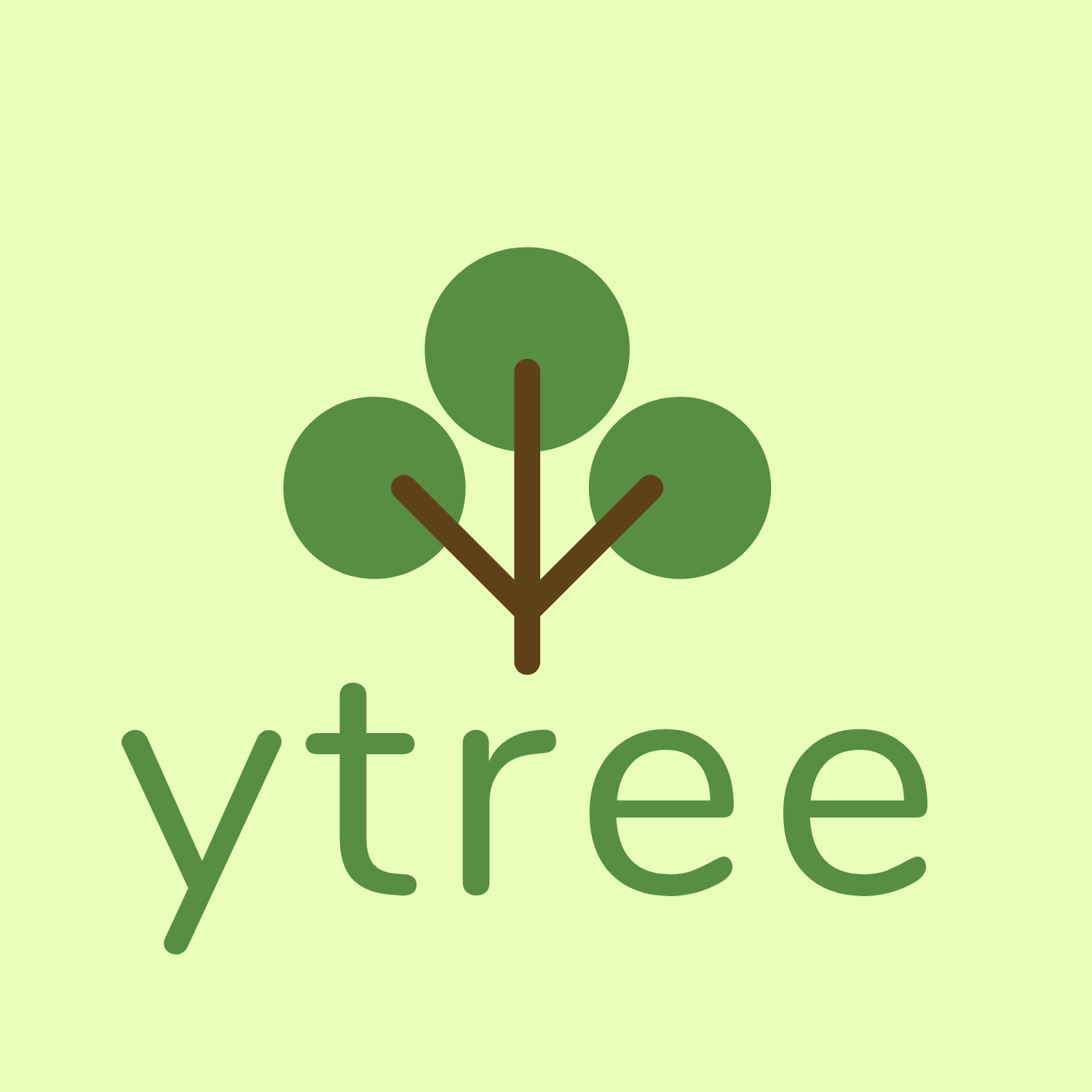A new post about our project’s governance!
Much Ado About Governance
This blog post is long overdue! (And I can’t believe it’s been so long since we had a blog post here, either.) Over the last few months, particularly after the release of yt 3.0, on the yt-dev mailing list we’ve had discussions about how to institute some form of governance of the project. This has been one of the hardest transitions yt has had to make – it used to be that we could fit everybody who had a stake in it into a small office, but that’s no longer the case.
Over the course of several long email threads, as well as discussions in the comments for pull request 40 to the YTEP repository, Britton Smith developed YTEP-1776.
This establishes a framework for a few things:
- Decision making – particularly when there are conflicts between individuals about how to proceed with code changes, with release information, and the like.
- Identification of individuals as “project members,” which is not only useful for participation in decision making, but also for placing on a CV, which is especially useful for younger researchers.
- Establish liaisons between platforms and codes and yt
- Establish mechanisms for regular checkins and meetings to discuss goings-on
- Develop standards and processes for code review
One of the original goals of the governance discussion was to attempt to ensure that individuals who had contributed to yt, and who might otherwise not get recognition for their efforts (be they in code or time spent helping others) would be able to be recognized in some sort of semi-official way.
I’m so proud of everyone in the community for putting this together. I think that this is a delicate transition, and everyone has been incredible during it – especially Britton Smith, who essentially drove the entire discussion.





